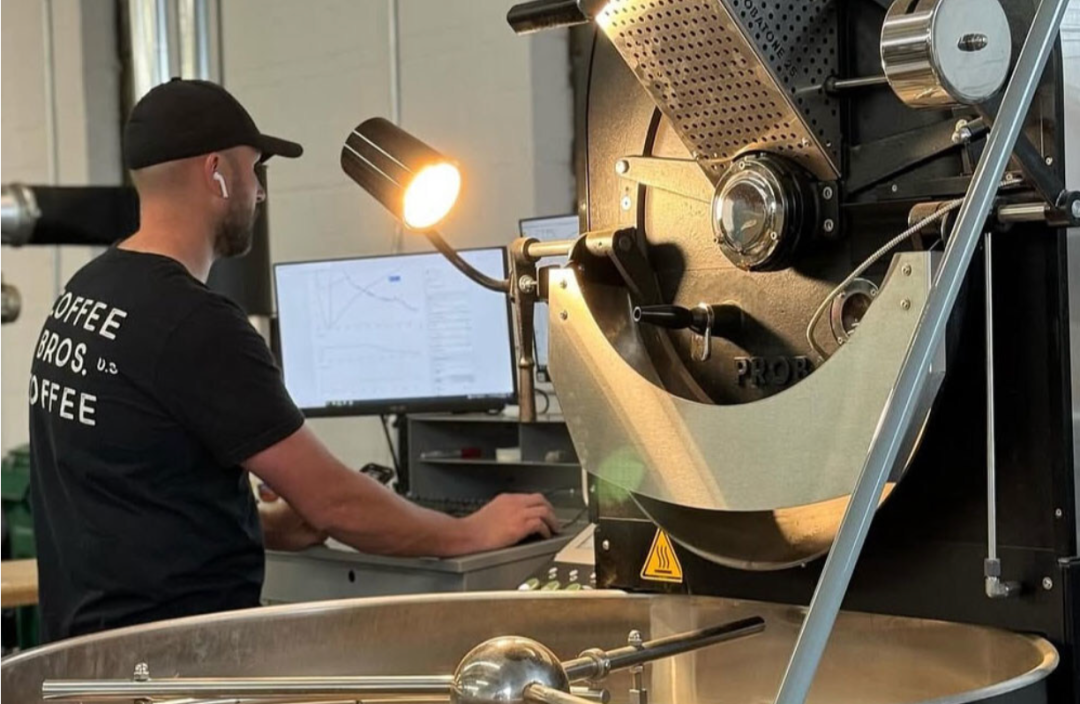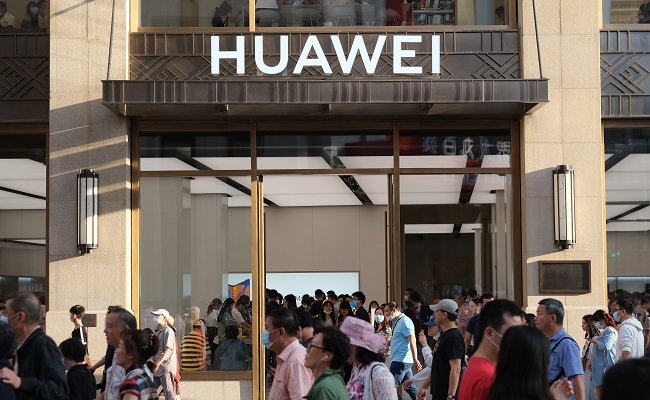The ever-changing policies have brought more uncertainties to coffee roasters in the United States. Their president decided to postpone the imposition of tariffs on foreign imported goods for 90 days last week, which also made most coffee bean operators slightly delay their price increase plans. Both the United States and Brazil are countries with the largest coffee bean consumption in the world. However, the difference is that Brazil is the world's largest coffee-producing country, while the United States only grows a small amount of coffee beans in Hawaii and Puerto Rico. 99% of coffee beans need to be imported from different countries. The coffee beans in the United States come from dozens of countries such as Brazil, Colombia, Vietnam, and Honduras.
Although the US government has changed its original idea now, for many practitioners, they still need to face sudden changes. The US Department of State interprets this policy change as "the art of the deal," which comes from a book published by the current US President Donald Trump in the 1980s. In his view, in order to deal with the trading counterpart, one should first offer an outrageous target price to scare the opponent into confusion. Then start the publicity machine to make everyone believe that this is the bottom line of the deal. Before the opponent can react, constantly change the trading conditions to make the opponent completely confused. At this time, offer a better condition so that the opponent is still helping to count the money even after being exploited. This seems to be a true portrayal of Trump's tariff policy changes in the past week or so.
Last week, the Trump administration announced that it would impose tariffs of 10% to 46% on imported coffee from major coffee-producing countries such as Brazil, Vietnam, and Colombia. But Donald Trump decided to postpone the imposition of new tariffs on Wednesday, leaving many coffee roasting practitioners and employees unsure of what would happen next.
Facing a 46% tax, the Vietnamese leader, in order to seek a compromise, took the initiative to propose zero tariffs on US goods. The decision to postpone the tariffs has relieved politicians from various countries. However, coffee roasters in the United States are still extremely nervous. Right after the government released the tax increase notice, both the National Coffee Association of the United States and the Specialty Coffee Association of America applied for exemptions from the president at the first time, appealing for the exemption of new tariffs on coffee, because for practitioners, this would mean a real increase in costs. They had just announced a price increase due to the sharp rise in coffee bean prices not long ago, and they didn't want to adjust the price again immediately due to tariffs.
Robin Seitz, the director of Parisi Coffee in Kansas City, Missouri, said, "For us, consumers, importers and exporters, everyone finds it unbearable because it all happened too fast. If this had happened gradually, it would have been easier for all of us to accept. But it happened too quickly." At this moment, the policy decision is like a sword hanging over their heads.
Due to different living habits and market capacities, the scale of coffee roasters in the United States is relatively larger than that in other countries. A mature market doesn't have too many requirements for taste. Most of them focus on roasted blended beans, which also means that Brazilian coffee beans will be the most common choice. Usually, a standard container can hold about 18 tons of coffee. Calculated at the earlier international coffee bean price of 400 cents per pound, a 10% additional tariff increase means that a roaster who consumes 10 containers per year needs to pay an additional tariff cost of about 200,000 - 300,000 US dollars. Obviously, it's unrealistic for roasters to bear this cost because the profit may not be that much. Shifting it to end consumers is an inevitable choice for practitioners. Moreover, Brazilian commercial coffee beans have a certain price advantage.
Coffee roasters in other countries don't have the concern about this tariff increase, yet they face similar situations. The tariff increase is only 10%, but in the past year, especially in the first two months of this year, the price of Brazilian coffee beans has almost doubled. Many domestic roasters in China also have similar grievances. Due to market demands, we can notice that in almost every coffee roaster, the best - selling varieties are mainly blended coffee beans. Although the coffee consumption market is developing at a rapid pace, competition among peers is intense. A roaster posted a video online saying that he turned down a customer who came to negotiate the price. He claimed that the profit per bag of coffee beans was only a few yuan. A one - pound bag of coffee can approximately yield about 22 cups of coffee, and the coffee shop owner asked him to lower the price by a few more yuan. For the coffee shop, this means that the cost per cup of coffee is reduced by less than 20 cents on average, but for this roaster, it represents all of his profit. Different places have different sad business stories, and these are happening in reality. Facing such reality, it seems there's little one can do. Unless the cost is passed on to consumers, then that would be another sad story.



